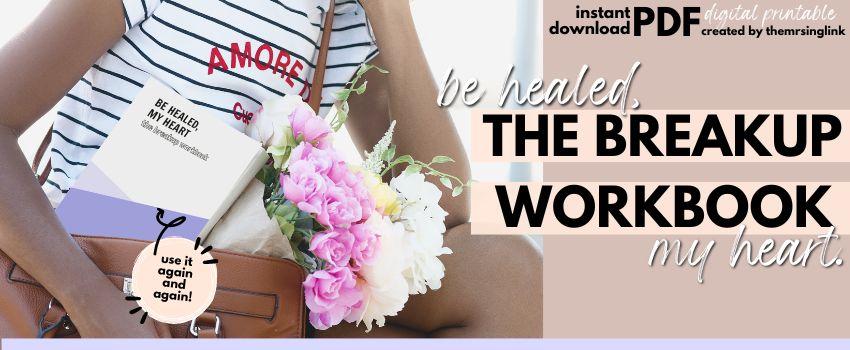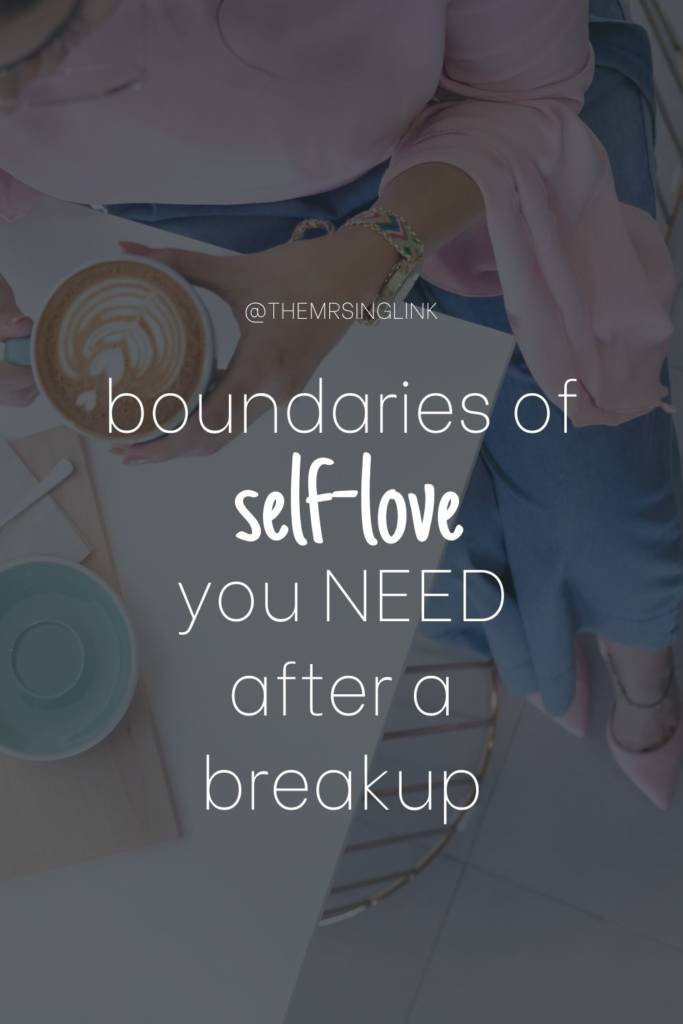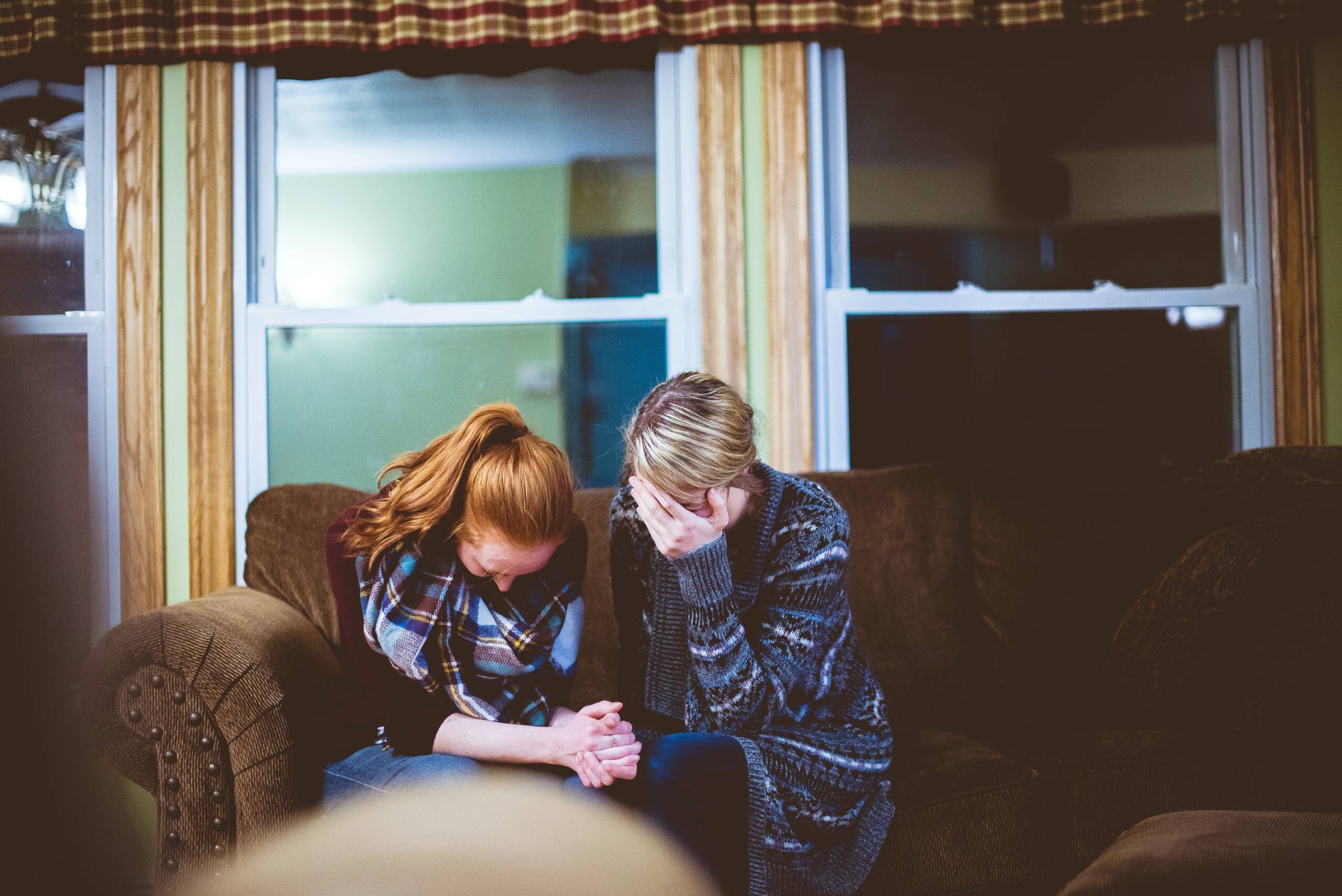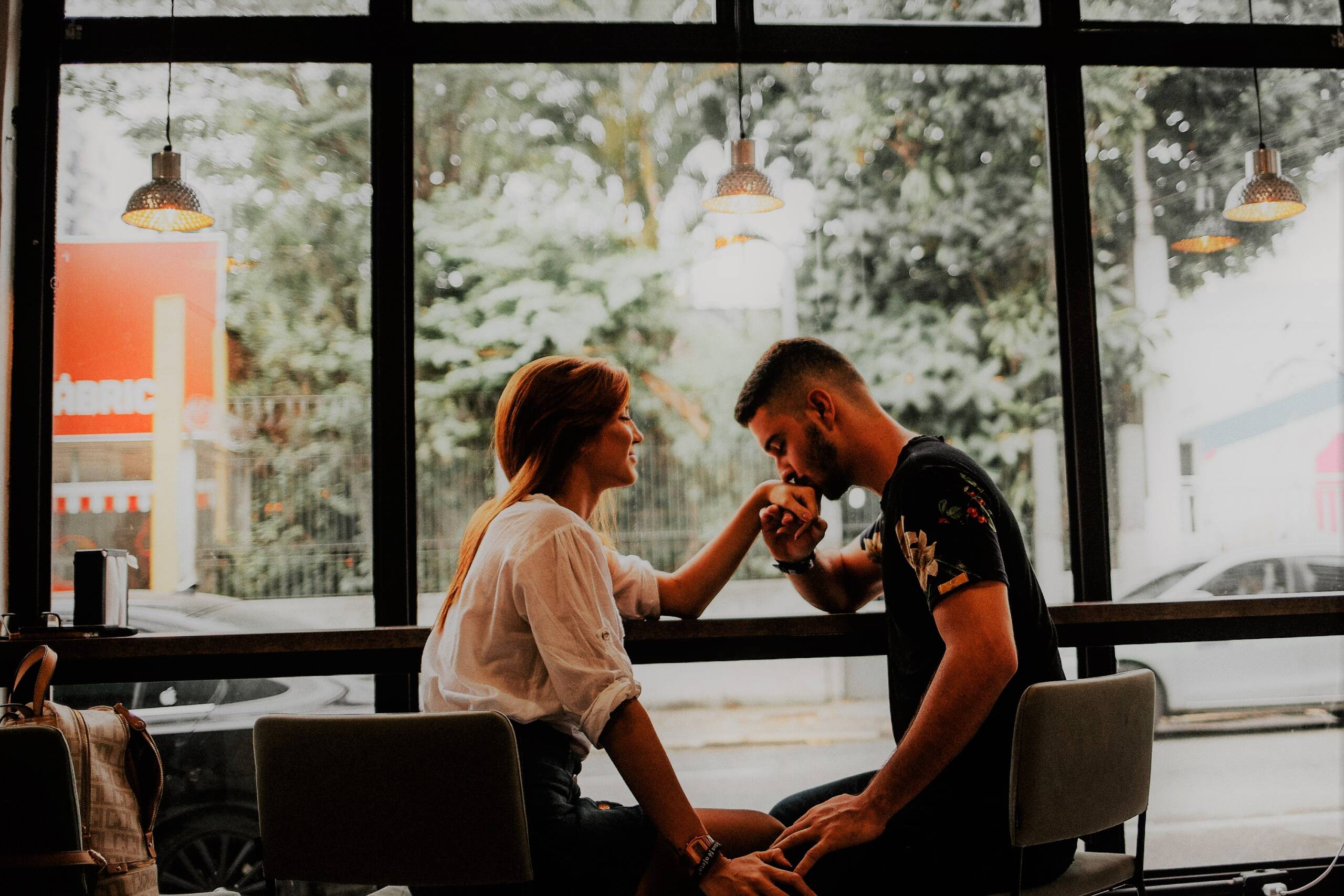
Breakups are hard. Setting and honoring boundaries post breakup can be even harder.
The most crucial part about heartache many fail to see is the scared, lost, and deeply wounded inner child that is screaming out for help – to be seen, heard, and healed…by you. And for many following a breakup, there is a continuation of self-betrayal through repetitive patterns that inhibit or prevent true healing.
This is why healthy boundaries after a breakup are so important, not only for you but for the other person involved. Boundaries are an act of self-love, and when you are in the thick of heartbreak is when they are needed most.

Boundaries after a breakup – what are they and why you need them
The ‘No-Contact’ Rule
The applied rules involve not seeing each other, even as a means of [continually] trying to gain closure or “make amends”, and responding to or initiating calls, texts, advances, etc. I see you lurking through their socials (even out of innocent “curiosity”) – this is also included in the ‘No Contact’ boundary. When you maintain physical and/or emotional ties it can make it that much more difficult to cut them in order for you to fully grieve/heal (aka move on).
What this boundary sounds like
- “I am not ready to talk. Please do not reach out to me until I am ready.“
- “It’s important that I focus on my own healing and I can’t do that when you continue to drop by to ‘catch up’ or ‘check in’ on me.“
- “Stop contacting me when you’ve been drinking – it’s not authentic nor is it helpful for me in moving on.“
Delete, block, repeat
If the above is especially a greater struggle for you, then it is critical to set a boundary for yourself that is more set in stone. This requires removing yourself or aspects of them entirely from your everyday life or social life. This may be as simple as deleting their number to the complexity of disconnecting from mutual friends you made.
*I’m sorry for those who have their partner’s number memorized,* yet the ‘Delete, block, repeat‘ can still be very helpful because, well, the idea is hopefully and eventually “out of sight, out of mind.” It’s a lot easier to forget something that isn’t within reach or dangling in your face, like those framed photos you keep on your nightstand, or the hundreds just a tap away on your phone.
Your subconscious loves that sh*t, it WANTS to hold onto what’s known, comfortable and familiar…even if it hurts.
To redirect your thoughts and habits toward healing will require taking these emotionally enormous steps. This one is impossible for many (to do right away or if at all, ever) because it means uncovering and facing certain fears (i.e., being alone-alone forever or indefinitely) – that by throwing away pictures of the two of you and donating the clothes he left to Goodwill, you are fully and consciously leaving, releasing, erasing and/or abandoning the relationship. And for many, that can be more difficult than the actual breakup itself.
But by doing so, you will feel less tempted to reach out or respond by deleting and/or (when/if necessary) blocking their number. Deleting and blocking their socials will also prevent you from re-stimulating residual, emotional ties to the relationship, and it will help you avoid certain triggers (i.e., seeing your ex post that picture of them with their new date soon after the breakup). Everyone has had the experience of feeling like they’ve taken 10 steps forward, only to “peek” at their ex’s socials (or get no response to that text) and that sets them 15 steps back. Some will say, in time, it gets less and less.
But we’re all fairly prone to doing this (even I did). So ask yourself, what satisfaction do you really get, and what benefit does it actually have repeating the very patterns that set you back?
I know, deleting and blocking can seem so unnecessary, (petty?), resentful, unforgiving, and permanent. It also doesn’t leave much room for second chances. Instead, we ought to view this as self-preservation; clearly relaying to your vulnerable, fragile inner self what you will no longer tolerate by preventing and eliminating any/all possible, unwanted threats or triggers. Even if that means this person becomes no more than a distant memory.
What this boundary sounds like
- To yourself, “I deserve to feel whole again, and in order to do that I must eliminate all the things within the environment that made me sick.“
- To yourself, “I forgive myself for ____________(allowing our happy memories to overshadow maltreatment). In order to fully let go I need to _____________ (get rid of our memorabilia).
It’s OKAY to fall apart, disengage, and go off the radar – or all the above
Look, sis, sometimes heartbreak forces us to stoop to our lowest in ways we’re not proud of. The way you grieve/heal from a breakup will be a totally different process from another. You will need to give yourself some grace, even if that means powering down your phone after work (literally) or inform those closest to you that you need some space – that’s OKAY.
Maybe you need to deactivate your own socials (or get rid of it altogether) in order to avoid those icky bitter feelings when you see happy couples share their big milestones, or that they’re simply ‘happy’ when you’re not – that’s OKAY.
More importantly, you’re likely feeling the pressure of boiled over emotions (you’re struggling to keep the lid on tight), and it could bring about even more guilt or shame when you find it impossible to be supportive or connected to those around you when it’s already difficult to do that for yourself – that’s OKAY, too.
To prevent from falling apart completely, many tend to mask and ignore the hurt, or they use something/someone else as a way to cope in hopes staying distracted will alleviate or dissolve the discomfort. In the process, many end up imploding, exploding, or it all pops back up in the future in unhealthy ways (as insecurity or projections onto others). Acknowledging your pain more tenderly by allowing yourself to feel, to fall apart, ultimately makes you that much stronger and more connected to your inner self.
Without feeling sadness you can’t know what true happiness feels like.
What this boundary sounds like
- To family/friends, “My absence is nothing personal; please respect my need for some personal time to focus on my healing.“
- To myself, “Seeing other couples posting on social media is triggering for me, so I need to deactivate for a while in order to process the emotions I’m going through.“
- To family/friends, “Our relationship is important to me, but right now I dont have the capacity to be supportive at the moment.“
Sometimes, in the end, you just CAN’T be or stay friends
I see this well too often – those who make any and every attempt to remain “close” or civil with an EX that extends beyond the simplicity of having “ended things on good terms”. Many genuinely fear disconnecting (detaching) from a previous, ex-partner – the good and the bad ones. Some will wonder why it is impossible to move on from their relationships and form new ones, why they’re having certain difficulties maintaining healthy relationships, or why they take it personally when an ex-partner (or anyone in general) randomly or suddenly disconnects from wanting to maintain friendship. There are many explanations for all of these that can certainly be answered within.
The reality is…sometimes you don’t get to choose whether or not you stay friends, nor is it ALWAYS beneficial to be friends for your own well-being. There may come a point where boundaries of self-love triumph your surface-level desire to hold onto a connection that no longer serves you.
What this boundary sounds like
- “My state of being is more important, and I will no longer engage with you for as long as [I, you, we] continue to relapse back to [my, your, our] old, destructive ways.”
- To myself, “Since it is clear that they do not have interest in remaining civil/friends, I need to respect their choice in doing what is best for them and I owe it to myself to focus on moving forward.“
- “I care about your well-being and wish only the best for you in life, but we cannot remain friends.“










